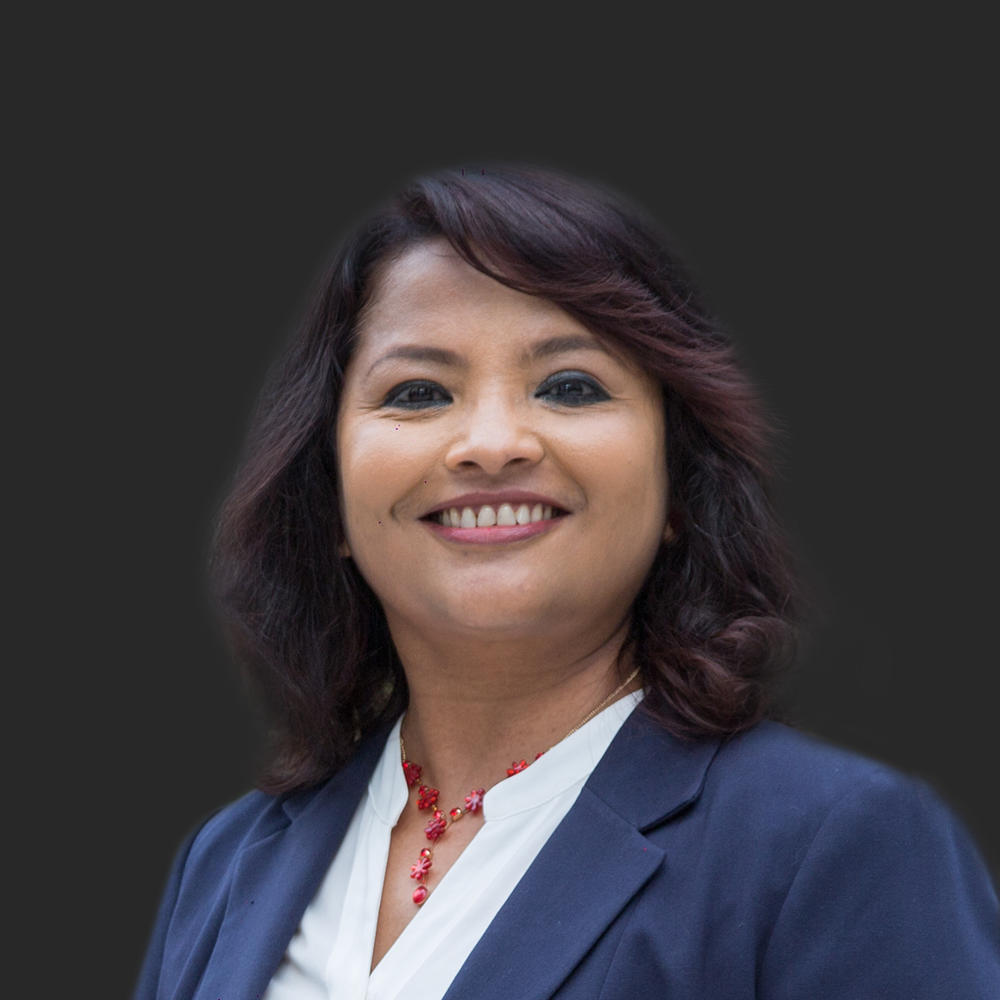
A warm welcome to the Research & Innovation Festival (RNIF) 2025. This year’s theme, “Advancing Knowledge, Bridging Disciplines, Creating Futures,” reflects our shared commitment to strengthening Taylor’s research ecosystem and fostering a culture of inquiry and innovation.
Bringing together our five (5) University Research Centres, faculty researchers, students and partners; this festival provides an important platform for dialogue, discovery and collaboration. We are proud to host distinguished speakers from around the world and showcase the breadth of research excellence across our community. I am especially pleased to see active participation in the various competitions, which play a vital role in cultivating confidence, creativity and research visibility among our staff and students.
Taylor’s remains committed to driving impactful research and nurturing the next generation of scholars. I thank the Organising Committee, URCs directors and team members, and all contributors for their dedication in making this festival possible.
I wish everyone an inspiring and engaging RNIF 2025.
Professor Barry Winn
Vice-Chancellor and President
Taylor’s University















